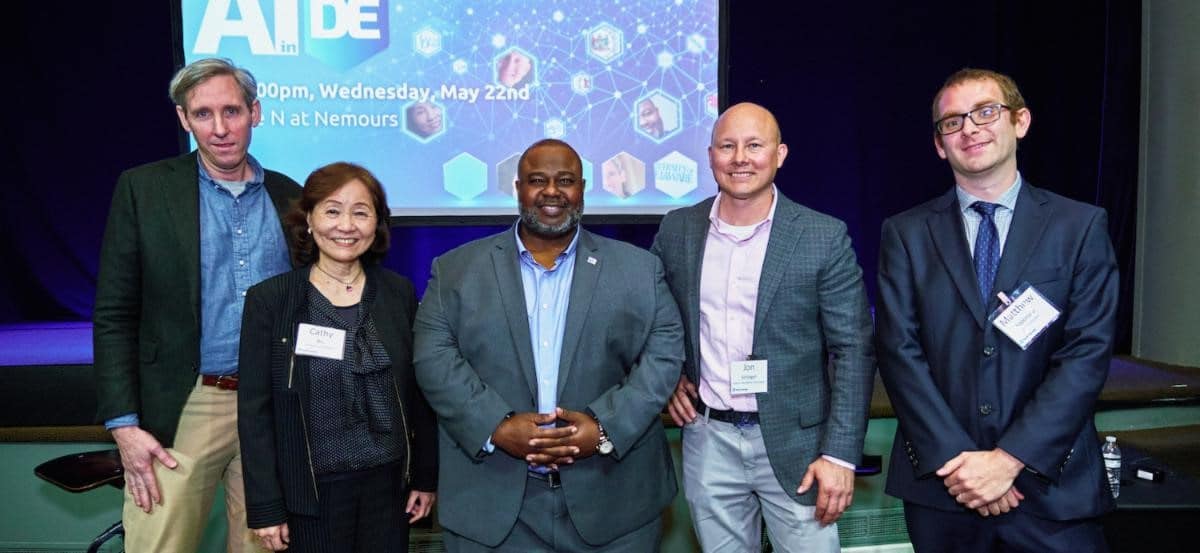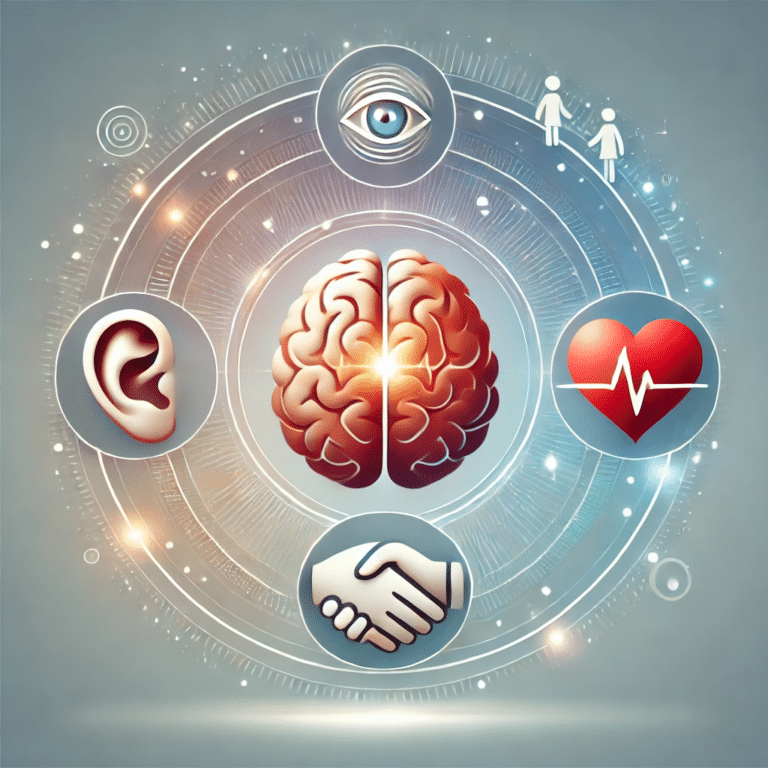Artificial intelligence is reshaping everything – technology, education, business – and so much more.
That’s why, for the second year in a row, the Technology Forum of Delaware hosted AI in DE, an event which brought together local Delaware innovators who are pioneering the application of AI in their fields.
The event offered a glimpse into the exciting ways artificial intelligence in transforming the state, from cybersecurity at DuPont to fostering a new generation of coders through video games by way of the AIWhoo School.
The following is a recap of the insightful, engaging, and thought-provoking event:
AI as a Powerful Tool
The ever-growing threat landscape of cybersecurity has found a strong ally in AI. Solomon Adote, the State of Delaware’s Chief Security Officer, highlighted how AI helps analyze vast amounts of data, detect anomalies, and automate responses. He explained how this translates to a more efficient and effective way to safeguard Delaware’s digital infrastructure.
Jon Schlegel, Chief Information Security Officer at DuPont, sees AI not just as a defensive tool but as a bridge to a future powered by advanced computing. While it probably won’t be within the next year or two, he envisions, “by 2030,” AI working alongside quantum computing to unlock even greater possibilities.
Boosting Industries
Manufacturing is another sector experiencing a transformation thanks to AI. Schlegel pointed out DuPont’s use of AI-driven visual inspection for quality control, ensuring product consistency and efficiency on the manufacturing line.
Dr. Cathy Wu, from the University of Delaware’s Data Science Institute, showcased another impactful application of AI. The Open Knowledge Network (OKN) for health, a $27 million National Science Foundation-funded initiative, leverages AI for biomedical discovery and health equity. She described how this project demonstrates AI’s potential to revolutionize healthcare.
AI Education: Playful Learning
A refreshing perspective came from Dr. Matthew Saponaro of the AIWhoo School. Their unique approach uses video games to teach K-12 students coding fundamentals. AI acts as a helpful assistant in this process, simplifying complex concepts and removing coding barriers. This innovative approach makes learning to code engaging and accessible for a younger generation.
Key Takeaways
The 2nd annual AI in DE event highlighted Delaware’s commitment to building a future powered by AI. This commitment is evident in the state’s investment in developing a skilled workforce through initiatives like the University of Delaware’s data science programs and industry partnerships. It’s also reflected in the ongoing exploration of AI’s potential across various sectors, from healthcare (like the OKN initiative) to manufacturing (like AI-driven quality control at DuPont).
By fostering innovation and building a talent pool ready to embrace AI, Delaware is positioning itself as a leader in the development and application of this transformative technology.








